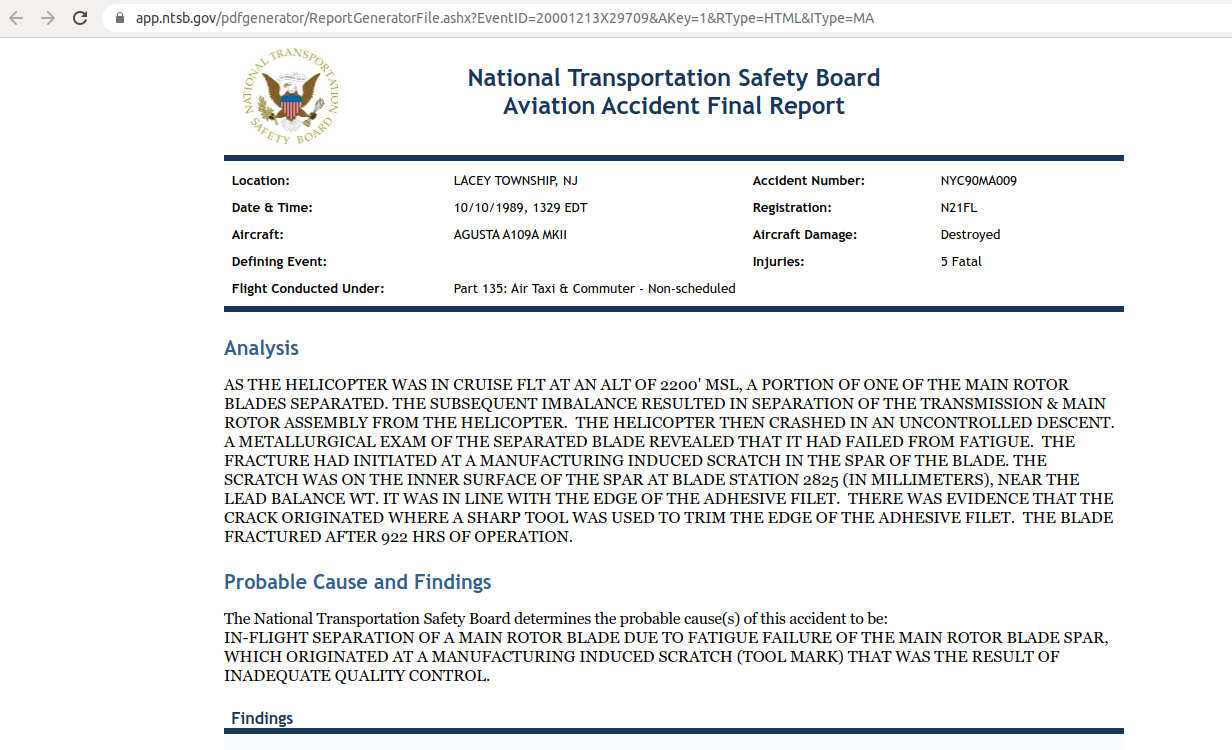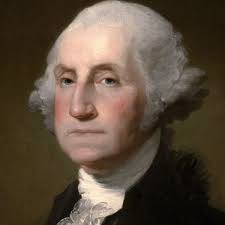Millions of Americans, including thousands of Oklahomans, still have significant questions about the November 3 election process. We have reports of problems with voting machines, people voting twice, non-residents voting in a state, or people mysteriously voting after their death months or years before. In some states, there were problems with signature verification, different rules for mail-in ballots than in-person ballots, delayed receipt of ballots, inconsistent curing of ballots, a lack of meaningful access to the polls, or a questionable counting process for partisan poll watchers. Many of these questions have been reviewed by state leaders and courts, but questions still persist. These are not questions that exist in the dark corners of the internet, but ones I hear at the grocery store, the gas station, through text messages, and on phone calls.
For the sake of the nation’s unity, these questions should not be ignored.
Today, I am joining a group of Senators to propose an election commission, modeled on the commission formed in 1877, to resolve the electoral issues of the election of 1876 when three states, Florida, Louisiana, and South Carolina, had reports of voter fraud. The 1877 commission comprised of five Senators, five members from the House, and five Supreme Court Justices quickly organized to evaluate the election and make a recommendation to provide the nation a way to resolve the issues before the inauguration. The commission we are proposing would be required to meet and complete their audit within 10 days, before the January 20 inauguration. The report of the commission would be submitted to the individual states so each state would still have the final say on their electors, which is the constitutional requirement.
This proposal is not designed to thwart the democratic process. It is designed to protect it. Everyone should see the division currently in the nation, and we all should have an interest in providing a path to resolution. People want answers to their questions.
If we can agree to form the electoral commission and submit its findings to the individual states, I am prepared to respect the final decision of the states. But, if we cannot agree to hear the concerns of millions of Americans, I am prepared to oppose the electors on January 6 since I cannot be certain that they were ‘regularly made,’ which is the statutory requirement.
Senators in 1969 and 2005 raised voter integrity issues during the January 6 Joint Session of Congress. They debated the issues that day, and in both cases, reforms were made to elections in the future. Even if other members are not willing to address the outstanding questions that persist in this election, we must begin a process of reform that will lead to greater election confidence in the future.



